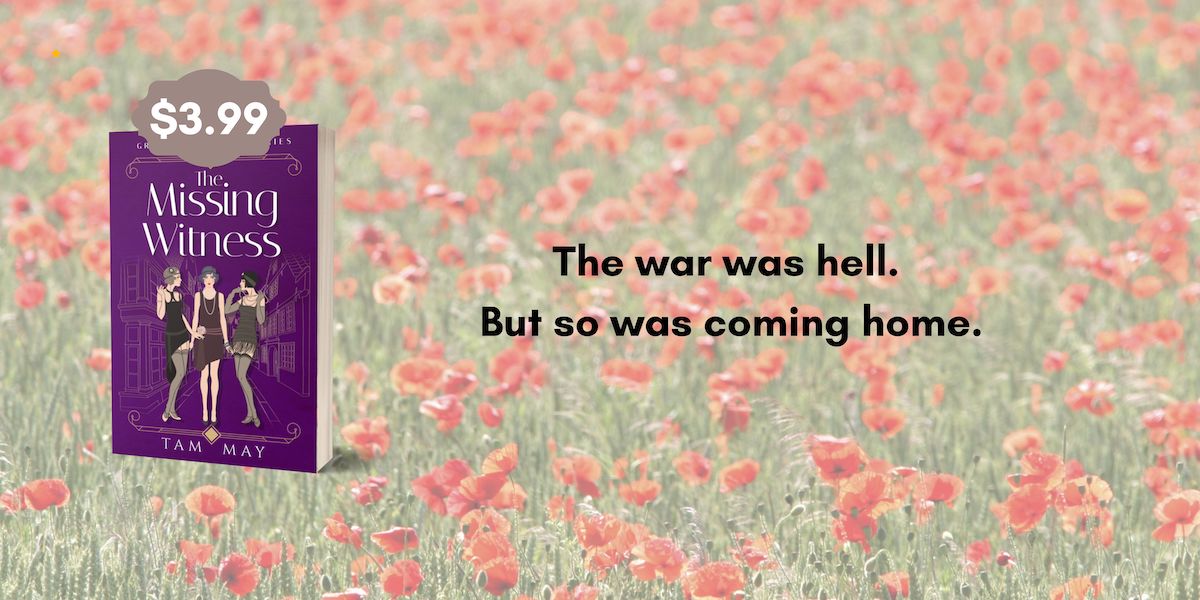
***This blog post was written in honor of Women’s Fiction Day, designated as June 8 by the Women’s Fiction Writers Association.***
If you would ask me what is the genre of the Waxwood Series, I would unhesitatingly say “women’s fiction”. This is in spite of the fact that False Fathers, Book 2 of the series, is actually about a young man’s coming-of-age. The series itself focuses on the journey of one young woman to emotional and intellectual maturity in the last decade of the 19th century. Women’s fiction is always about journeys and all of my fiction, regardless of genre, even my upcoming historical cozy mystery series, the Paper Chase Mysteries, is about women’s journeys.
But is women’s fiction only about the gender of the author?
Different authors define women’s fiction (whether they write it or not) differently. My definition of women’s fiction is fiction where a woman goes through some kind of emotional and psychological journey and transformation, usually the main character or one of the main characters. That transformation doesn’t necessarily have to be a positive one, but one in which she learns something about herself and the world around her. And the book doesn’t have to be written by a woman either. I consider books like Leo Tolstoy’s Anna Karenina and Gustave Flaubert’s Madame Bovary women’s fiction, because the woman protagonist of each book goes through her own journey and transformation (however tragic), and we learn something about human nature and women’s lives in the nineteenth century.
This last element is really why I love reading women’s fiction. The genre not just about women written for women and only relevant to women. It’s relevant to all our lives, male or female, or however you identify your gender. They also teach us about how women behave and are treated, and this reflects on the way human nature works in our patriarchal society, then and now. I make no secret of the fact that I don’t read many contemporary books but a few months ago, I picked up a book firmly placed in the contemporary women’s fiction category by K. L. Montgomery titled Fat Girl. Montgomery is a body-positive advocate and her protagonist is a plus-size woman whose trials and tribulations with romance, divorce, and raising a teenage boy speaks to our time with the struggles of single parents and body shaming in our weight-conscious society.
In the Waxwood Series, Vivian’s transformation continues throughout the Waxwood Series and will be completed in Book 4. Her revelations about family, women and social expectations will hopefully speak not only of the paradoxes of the Gilded Age but also our time.
In honor of Women’s Fiction Day, I’m giving away an ebook copy of The Specter! To enter the giveaway, please comment on this blog post and tell me why you love women’s fiction (historical or otherwise). The giveaway will end on Sunday, June 13.

